HD
 8
8Final Appeal 2018
2018 60 min Movie
Final Appeal 2018
8201860 minHD
Brian Banks was a star football player with NFL aspirations before he was wrongfully convicted. He spent five years behind bars until he was fully exonerated a decade later. Final ...
Genre:Crime, Documentary
HD
 7.7
7.7Belichick & Saban: The Art of Coaching 2019
2019 90 min Movie
Belichick & Saban: The Art of Coaching 2019
7.7201990 minHD
Explore the four-decade-long friendship between two of the most successful and revered coaches in football history.
Country: USA
Genre:Documentary
HD
 9.7
9.7Great Canal Journeys 2014
2014 47 min Movie
Great Canal Journeys 2014
9.7201447 minHD
To celebrate their golden wedding anniversary, actors Timothy West and Prunella Scales embark on four spectacular canal journeys, sharing a passion that they've enjoyed for decades. To ...
Genre:Documentary
HD
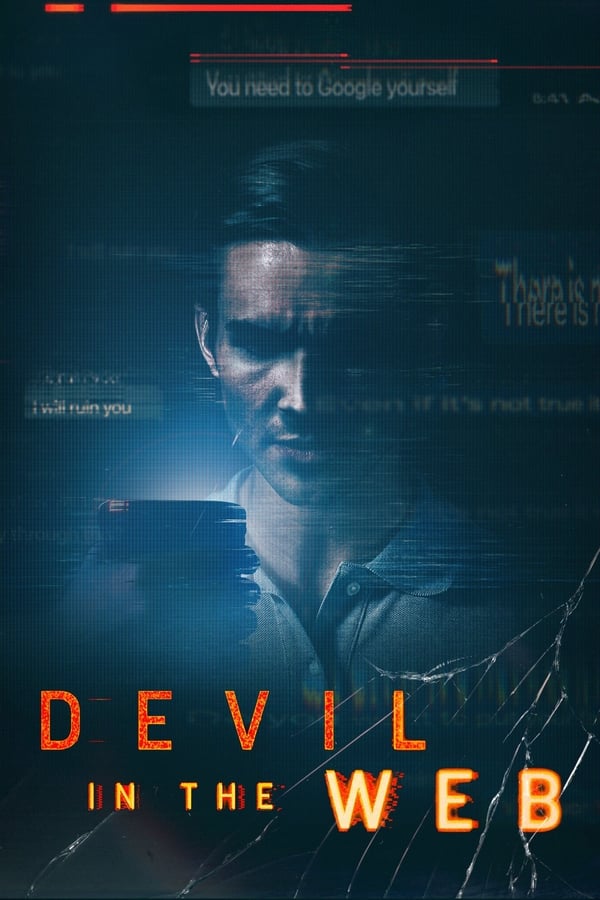 7
7Devil in the Web 2022
2022 42 min Movie
Devil in the Web 2022
7202242 minHD
Internet crimes often take a devastating toll on the victims. Strangers can now access others' personal lives to harass, violate, and even physically attack them. Once this type of ...
Country: USA
Genre:Crime, Documentary
HD
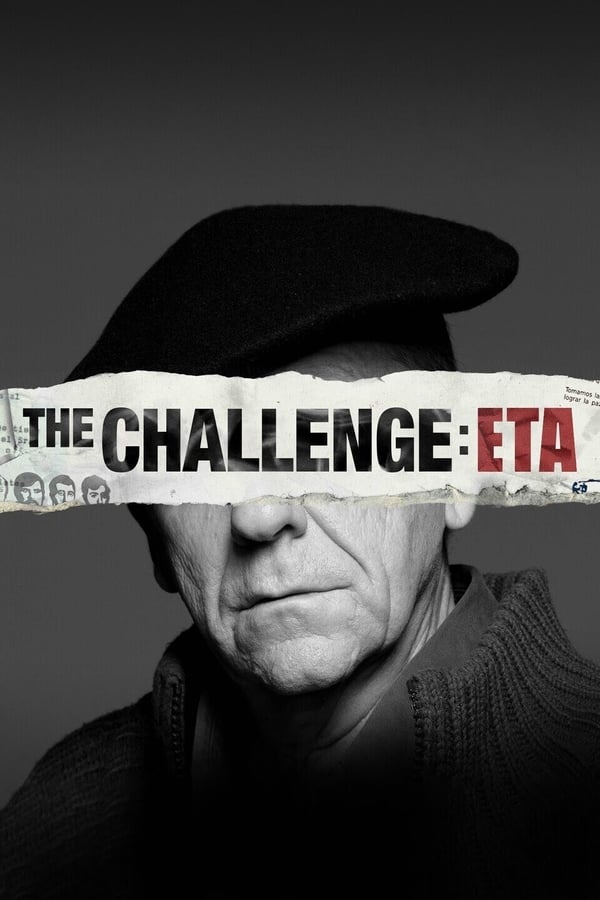 5.8
5.8The Challenge: ETA 2020
2020 58 min Movie
The Challenge: ETA 2020
5.8202058 minHD
The story of how the Guardia Civil, a militarized police force, fought for nearly half a century against ETA, a ruthless terrorist gang dedicated to murder, kidnapping, extortion and ...
Country: Spain
Genre:Documentary, War & Politics
HD
 7
7Grand Designs: House of the Year 2015
2015 45 min Movie
Grand Designs: House of the Year 2015
7201545 minHD
Every year the Royal Institute of British Architects looks for the best new home in Britain, and this time Grand Designs is along for the ride
Country: UK
Genre:Documentary
HD
 6.9
6.9The Trapped 13: How We Survived The Thai Cave 2022 Online Full Movie
2022 102 min Movie
The Trapped 13: How We Survived The Thai Cave 2022 Online Full Movie
6.92022102 minHD
In this compelling documentary, members of the Thai youth soccer team tell their stories of getting trapped in Tham Luang Cave in 2018 — and surviving.
Genre:Documentary
HD
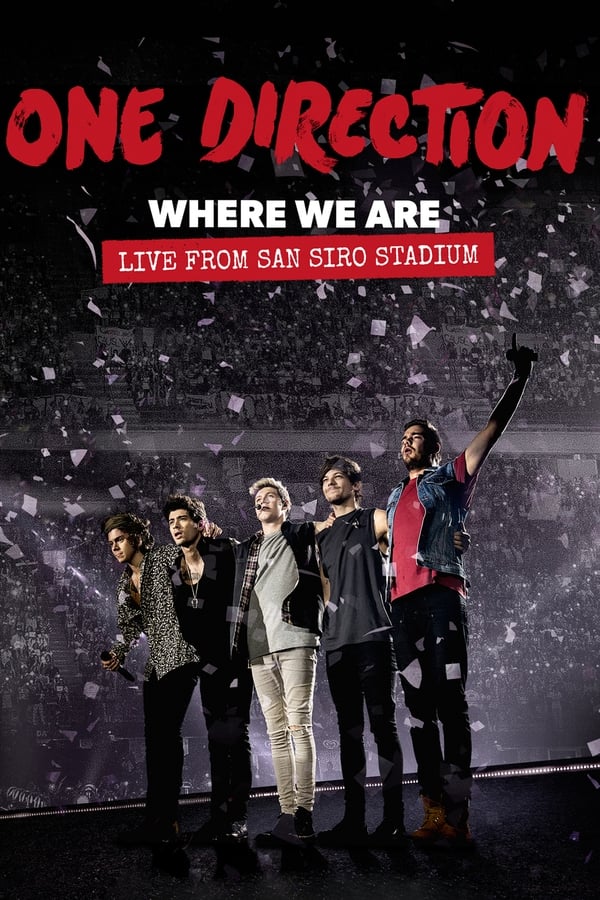 8.4
8.4One Direction: Where We Are – The Concert Film 2014 Full Movie Online
2014 106 min Movie
One Direction: Where We Are – The Concert Film 2014 Full Movie Online
8.42014106 minHD
Where We Are: Live from San Siro Stadium features the entire 23 track concert filmed at San Siro Stadium in Milan in June 2014, as well as 24 minutes of bonus content including ...
Country: UK
Genre:Documentary, Music
HD
 8
8Wide of the Mark 2021 Full Movie Online
2021 86 min Movie
Wide of the Mark 2021 Full Movie Online
8202186 minHD
Wide of the Mark follows six riders with a hunger for motorcycle adventure in its purest form. Hand building their road bikes to tackle Tasmania's rugged off-road terrain.
Country: Australia
Genre:Adventure, Documentary
HD
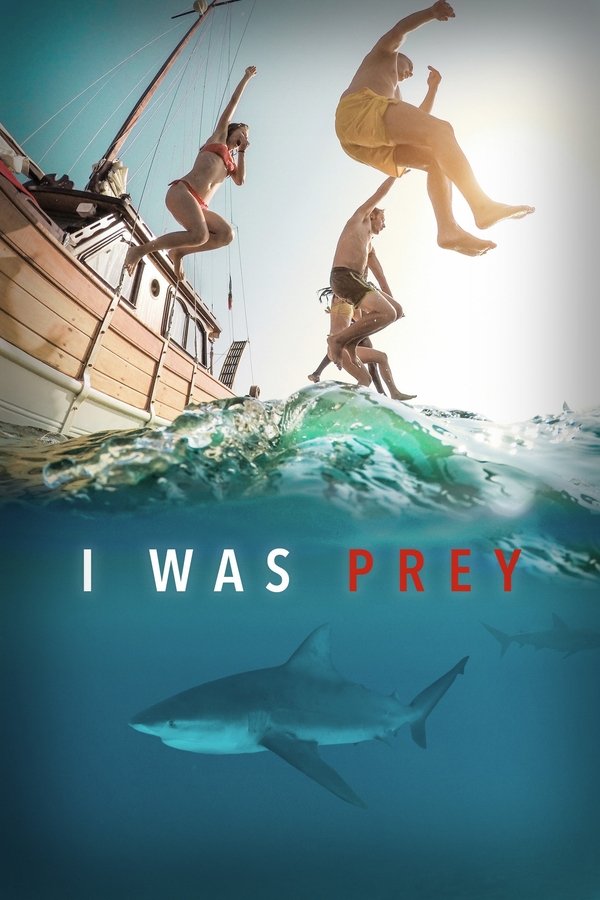 8
8I Was Prey 2017
2017 42 min Movie
I Was Prey 2017
8201742 minHD
Recounting the hauntingly true stories of people who found themselves in a life or death situation, face-to-face with a dangerous animal
Country: USA
Genre:Documentary
HD
 0
0Holding These Moments 2020 Full Movie fmovies
2020 110 min Movie
Holding These Moments 2020 Full Movie fmovies
02020110 minHD
In early 2016, Dan Elswick embarked to document BANE’s final US tour. Starting as a love letter to his favorite band, it turned into much more. Beginning at a time when hardcore music ...
Genre:Documentary, Music
HD
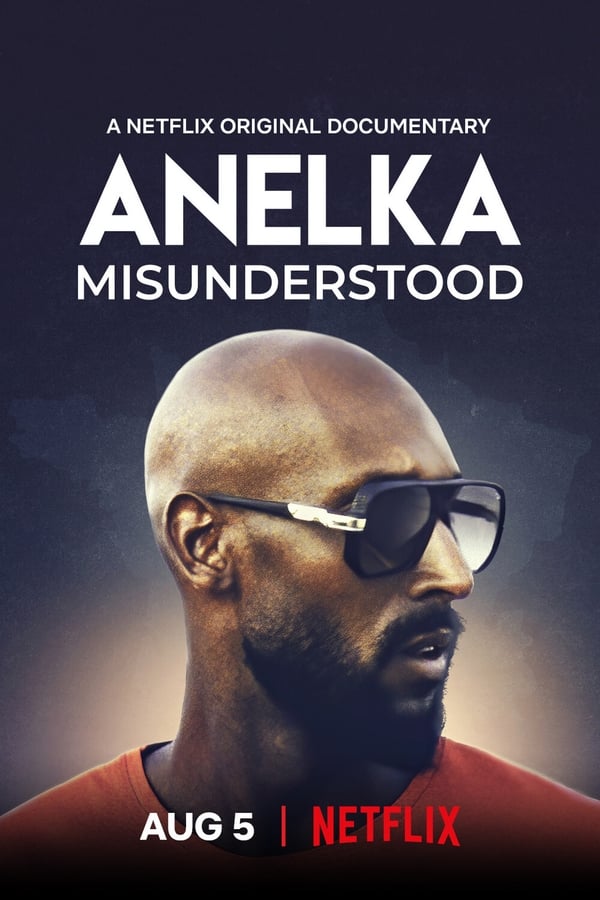 6.5
6.5Anelka: Misunderstood 2020 Online Full Movie
2020 94 min Movie
Anelka: Misunderstood 2020 Online Full Movie
6.5202094 minHD
Bad boy or football genius? Famed French footballer Nicolas Anelka's controversial legacy is examined in an unflinching documentary.
Country: France
Genre:Documentary
